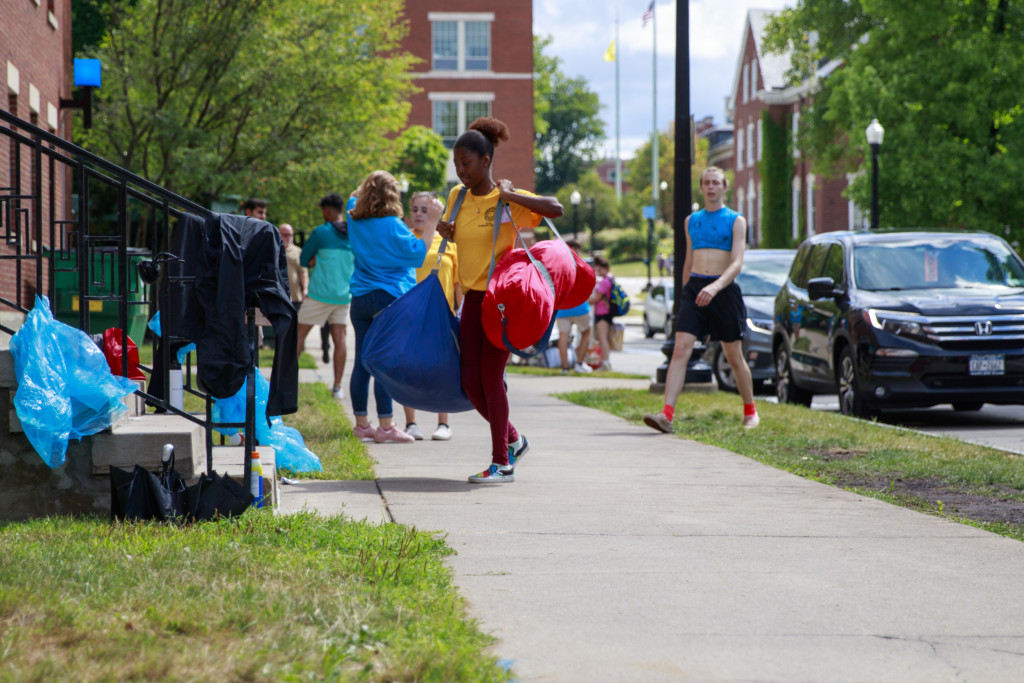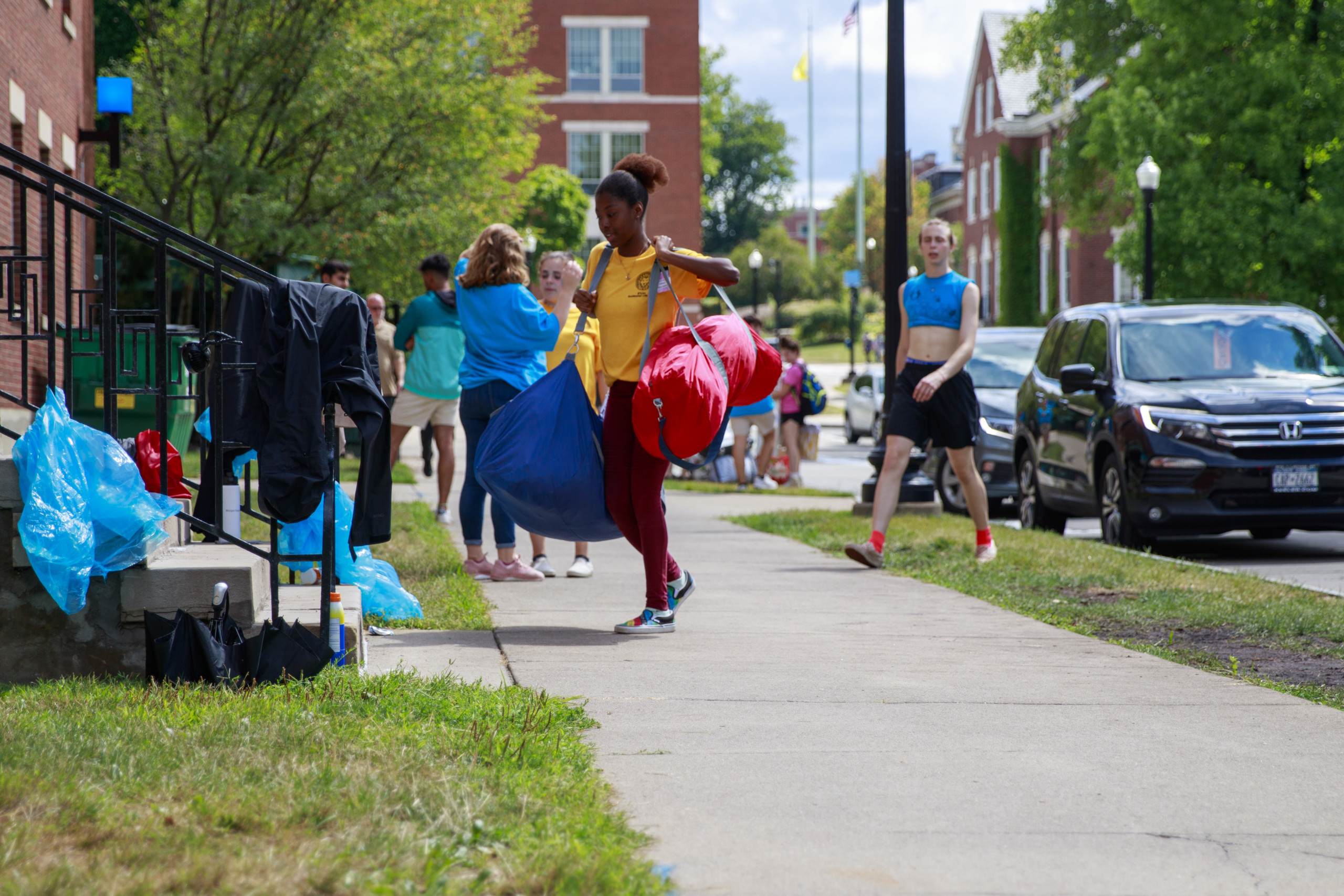Starting off the school year is hard enough — but some students will be forced to start completely anew, with a last-minute push off campus from Residential Life. On Aug. 1, The Office for Residential Life & Housing Services sent out a mass email to current undergraduates noting their interest in “releasing a limited number of upper-class students” from their previously agreed-to housing contracts. The deadline for students to confirm their choice to break their housing commitment was scheduled for Aug. 8.
UR’s housing problem is not new. Despite the requirement for students to live on campus for two years, the housing capacity needed to enforce the rule is becoming obsolete. After the losses that the University had to take on due to students unable to utilize — and thus pay for — housing during the pandemic, record numbers of first-year classes have subsequently been admitted to mitigate that sunken cost. Last year, the Class of 2025 was the largest in UR history, with a whopping 1,500 students enrolled for the fall semester. For the Class of 2026, close to 1,700 students will be flocking to campus. If you thought the Starbucks lines were long before, prepare to be astonished.
UR has had plans to address the housing crunch before. UR’s 2008 strategic plan called for a massive expansion to campus, creating a new academic quad, expanding the Medical Center, and adding housing all over campus. The 2008 recession curtailed most of the plan, but the blueprints clearly show that River Campus is filled with land ripe to house students.
More recently, UR has taken up residence in Innovation Square, an external housing development marketing “luxury student living” to RIT and UR students downtown in the former Xerox Building. However, these developments have failed to keep pace with skyrocketing enrollment metrics, which is evident from the recent Residential Life email.
Now, with students scrambling for housing, administration is left with limited options. Their solution? Attempting to coerce current students off campus by necessity, as well as jam-packing students remaining on campus into tighter living arrangements. Just look at the rising number of doubles being converted into triples within first-year housing.
Still not convinced? Recall the massive lines to enter the dining hall or how you’ve circled all of Rush Rhees for a peaceful study spot during finals season — other direct effects of over-admitting that will only worsen once students return in the fall. The University’s continual mishandling of the housing crisis doesn’t solely affect those choosing this last-minute option — the inefficiencies it creates on campus affect students all around.
In addition, over-admitting students and then pushing the excess out into the city is actively unfair to those already living in Rochester. College students are often disruptive to their external communities, and they don’t generally stay in the city after graduation, meaning Rochester residents have to contend with new neighbors entering the city, raising prices, and subsequently leaving every couple of years. That kind of environment forces permanent residents into more dire housing situations, and with the lack of connection that on-campus students have to off-campus residential areas such as the 19th Ward, it doesn’t seem as if students have any reason to care. In addition, there is minimal promotion done for local businesses or connections for off-campus students, including recently-arrived transfer students who have never even had the opportunity to set foot on campus. As we continue to require growth into our surroundings, we need to embrace the currently-established communities that we are inhabiting — lest we become intruders instead of neighbors.
UR can’t keep over-admitting students if they lack the resources to do so. It’s unfair to students, and it places a burden on the city to pick up the University’s slack. If the University wants to admit more students, then it needs to create more on-campus housing. It needs to stop relying on students to break their housing contract, and it certainly needs to stop relying on the city to house students who have no interest in participating in the Rochester community.

